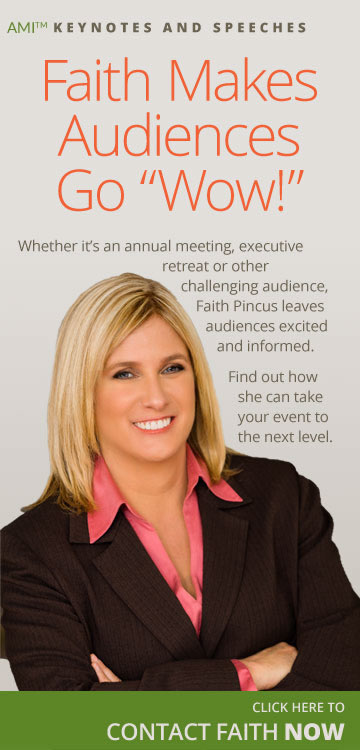Find the story that tells your story
Now that we’re going through the different support materials of a great speech, it’s worth breaking out different types of components. (See Tuesday’s post for a full rundown of where we’ll be going and when.) Today I want to put the focus on stories and anecdotes. These can be incredibly helpful at connecting with an audience, adding a human element or a touch of emotion or humor. But they can also work against effective messaging, if they’re not properly handled.
Storytellers wanted
We live in a world where stories are very often used to communicate messages. People spend a large majority of their time watching, reading and listening to stories – on TV, at the movies, on the internet, in blogs and in the ever-vanishing print media. Since storytelling is how most people like to hear and learn about things, be sure to employ it in your presentations as well.
Stories make us happy or sad or livid and can evoke a hundred other emotions. Stories are communication tools that allow our brains to absorb a lot of information that might otherwise be too difficult to comprehend. Even if you can’t articulate your reaction to a story, you can feel it viscerally. That is what makes them so powerful.
To find common examples of this, go to your local newspaper. Listen to your kids talk about school. Talk to your assistant or colleague at work about his or her weekend. Everything you hear will be told to you in the form of a story. That is why storytelling is such an essential part of almost any presentation. So how can you make it work best for you and your presentation?
Using stories that work for you
Hone the art of storytelling and use that skill as often as possible. Like anything else, the more you practice, the better you’ll get. Note the communicators — speakers, advertisers and even comedians — that you think have the most effective delivery and try to analyze why their methods are working.
Ask yourself if there’s a story — a real or imaginary narrative — that can cut through a lot of the clutter of data and underscore a natural and human element of your message. That could be something out of the news, but it could also be an urban legend or modern-day parable. Would that story help keep focus directed where you want it, or does it risk being a distraction? Is it a story you can tell simply and compellingly, or is it too complicated or subtle to be delivered efficiently?
The same kind of questions should dictate your inclusion of anecdotes. Anecdotes are defined as short, amusing stories, usually about real incidents or people. When they’re told from personal experience, they have an added benefit of humanizing the speaker. But because of that personal aspect, you should be careful of overdoing it with anecdotes. Be a hard editor: Does this anecdote really improve my presentation, or is it just one that I like to tell? Does it build up my message, or does it just present me in a flattering light? There’s nothing wrong with building your own credibility with your audience, but if you find that you can’t edit your anecdote to keep it short, you should think about living without it.
We will go into the entire subject of humor in more detail at the end of the month, but for now, it’s enough to say that the most basic rule with stories and anecdotes is that they need to be relevant, interesting … and short.
On Tuesday: Getting the most out of quotes, interviews and articles



Pingback: Keeping up suspense … in a good way - Pincus Professional Education